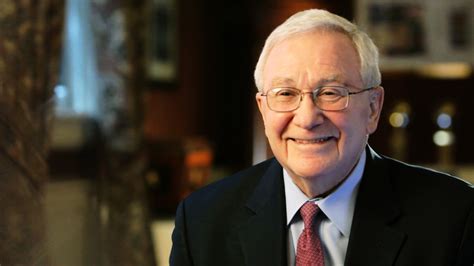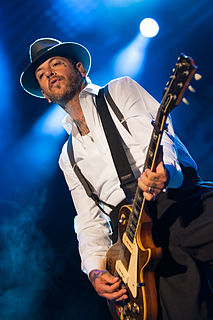A Quote by Darren Shan
It is good to be taught humility when we are young. If we do not exeperience pain as children, we will cause pain as adults.
Related Quotes
Stress does not cause pain, but it can exacerbate it and make it worse. Much of chronic pain is 'remembered' pain. It's the constant firing of brain cells leading to a memory of pain that lasts, even though the bodily symptoms causing the pain are no longer there. The pain is residing because of the neurological connections in the brain itself.
Pain is not the same as suffering. Left to itself, the body discharges pain spontaneously, letting go of it the moment that the underlying cause is healed. Suffering is pain that we hold on to. It comes from the mind’s mysterious instinct to believe that pain is good, or that it cannot be escaped, or that the person deserves it.
Facing the darkness, admitting the pain, allowing the pain to be pain, is never easy. This is why courage - big-heartedness - is the most essential virtue on the spiritual journey. But if we fail to let pain be pain - and our entire patriarchal culture refuses to let this happen - then pain will haunt us in nightmarish ways. We will become pain's victims instead of the healers we might become.
Unless a man has pity he is not truly a man. If a man has not wept at the worlds pain he is only half a man, and there will always be pain in the world, knowing this does not mean that a man shall dispair. A good man will seek to take pain out of things. A foolish man will not even notice it, except in himself, and the poor unfortunate evil man will drive pain deeper into things and spread it about wherever he goes.
Once the pain-body has taken you over, you want more pain. You become a victim or a perpetrator. You want to inflict pain, or you want to suffer pain, or both. There isn't really much difference between the two. You are not conscious of this, of course, and will vehemently claim that you do not want pain. But look closely and you will find that your thinking and behavior are designed to keep the pain going, for yourself and others. If you were truly conscious of it, the pattern would dissolve, for to want more pain is insanity, and nobody is consciously insane.
Young children learn in a different manner from that of older children and adults, yet we can teach them many things if we adapt our materials and mode of instruction to their level of ability. But we miseducate young children when we assume that their learning abilities are comparable to those of older children and that they can be taught with materials and with the same instructional procedures appropriate to school-age children.






































